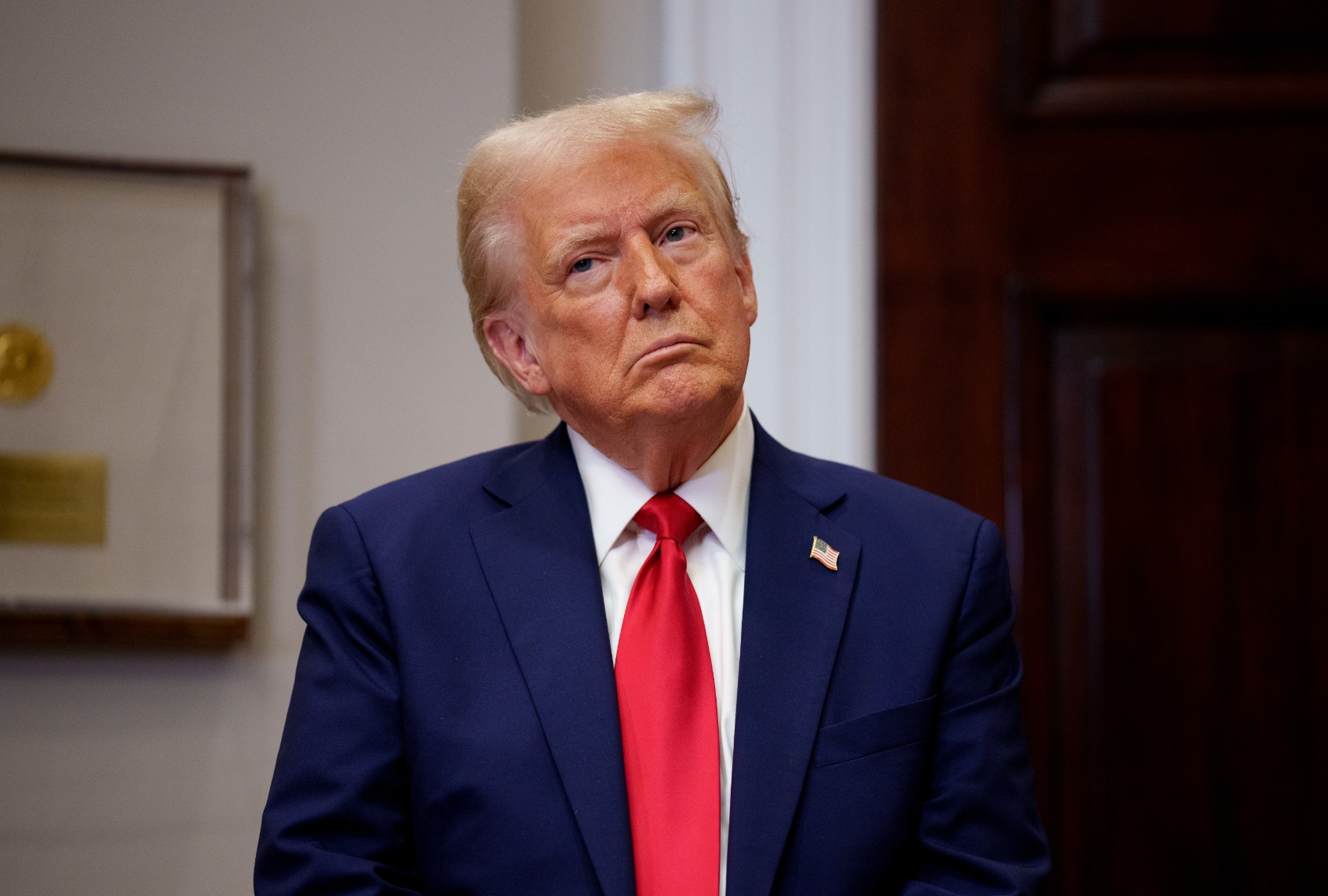World
Venezuela’s $500,000 Donation to Trump: A Closer Look

In March 2016, just before Donald Trump was inaugurated as President of the United States, Venezuela’s government donated approximately $500,000 to his inaugural committee. This donation, made through the state-owned oil company PdVSA and its U.S. subsidiary CITGO, has prompted questions about the implications of foreign contributions to U.S. political campaigns and the evolving relationship between the two nations.
The donation was one of the largest made to Trump’s inaugural committee. Reports from the Federal Election Commission indicate that the total funds raised amounted to nearly $107 million, with around $26 million left over after the inauguration festivities. This surplus was funneled to an event planning company established shortly before the inauguration by an aide to Melania Trump.
Trump’s relationship with Nicolás Maduro has since deteriorated significantly. Once viewed through a lens of opportunistic political commentary, Trump has labeled Maduro as a “kingpin of a drug narco state” and accused him of various atrocities, including “mass murder” and “drug trafficking.” As tensions escalated, the U.S. has increased military presence in the region, a move that some analysts perceive as a preparation for potential conflict.
The context surrounding the donation raises ethical questions. Critics argue that accepting money from a foreign entity, particularly one with a controversial record, undermines the integrity of U.S. elections. This scenario echoes past controversies, such as the scrutiny surrounding Hunter Biden’s association with Burisma, a Ukrainian energy company. In that case, even the appearance of impropriety led to significant political fallout, suggesting a double standard in how foreign contributions are perceived depending on the political alignment of those involved.
As Trump’s administration shifted towards a more aggressive stance against Venezuela, observers began to question whether his acceptance of Venezuelan funds influenced U.S. policy. The recent decision to rescind the legal status of hundreds of thousands of Venezuelans residing in the U.S. has further fueled speculation. The Department of Homeland Security stated that allowing these nationals to remain is “not in America’s best interest,” raising the question of whether this aligns more with U.S. interests or reflects Maduro’s influence.
The current political landscape is marked by a lack of rigorous questioning from political reporters regarding Trump’s financial dealings. If the roles were reversed, many speculate that the inquiries would be more pronounced. Reporters and political analysts are left pondering the extent to which foreign money influences domestic policy and whether the Trump administration’s actions against Venezuela serve a broader agenda.
As the situation develops, the implications of this financial exchange continue to resonate. The questions remain: What did Trump do with the funds received from Venezuela, and how did that influence his administration’s approach to foreign policy? The answers may be crucial in understanding the complexities of U.S.-Venezuela relations moving forward.
-

 Lifestyle5 months ago
Lifestyle5 months agoLibraries Challenge Rising E-Book Costs Amid Growing Demand
-

 Sports4 months ago
Sports4 months agoTyreek Hill Responds to Tua Tagovailoa’s Comments on Team Dynamics
-

 Sports4 months ago
Sports4 months agoLiverpool Secures Agreement to Sign Young Striker Will Wright
-

 Lifestyle4 months ago
Lifestyle4 months agoSave Your Split Tomatoes: Expert Tips for Gardeners
-

 Lifestyle4 months ago
Lifestyle4 months agoPrincess Beatrice’s Daughter Athena Joins Siblings at London Parade
-

 Science4 months ago
Science4 months agoSan Francisco Hosts Unique Contest to Identify “Performative Males”
-

 World4 months ago
World4 months agoWinter Storms Lash New South Wales with Snow, Flood Risks
-

 Science5 months ago
Science5 months agoTrump Administration Moves to Repeal Key Climate Regulation
-

 Business5 months ago
Business5 months agoSoFi Technologies Shares Slip 2% Following Insider Stock Sale
-

 Science5 months ago
Science5 months agoNew Tool Reveals Link Between Horse Coat Condition and Parasites
-

 Sports5 months ago
Sports5 months agoElon Musk Sculpture Travels From Utah to Yosemite National Park
-

 Science5 months ago
Science5 months agoNew Study Confirms Humans Transported Stonehenge Bluestones









